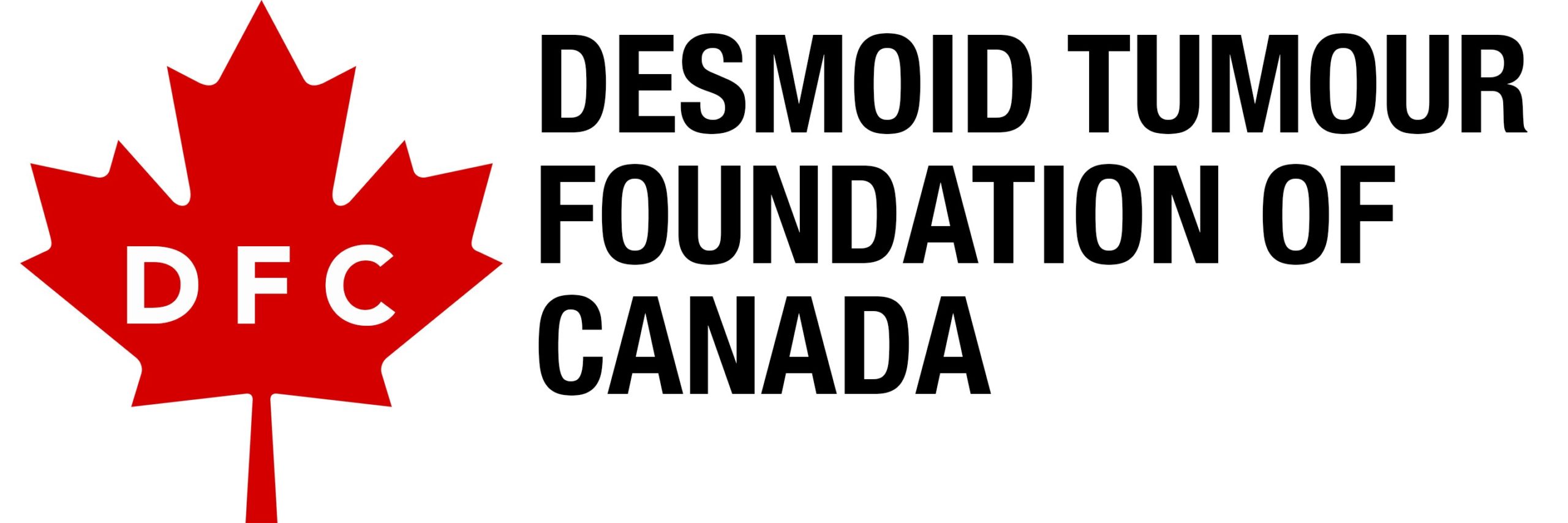The Desmoid Tumour Foundation of Canada team would like to thank you for your outstanding contributions from the first ever annual event last May. We are beyond thrilled to have exceeded our goal and are pleased to announce that $70,000 will be allocated to research! Over the past couple of weeks, the medical advisory board met and have decided to fund two new research projects, that are very encouraging to pave the way for a cure.
Duke University – Creation of New Mouse Models
This exciting project, will be creating new mouse models that replicate the specific molecular genetics of the more common types of desmoid tumours. These animals will be made available, not just in Canada, but to researchers throughout the world! By using these genetically advanced mouse models, researchers can work on them to better understand how desmoid tumours grow and to test new drugs and other therapeutic approaches.
Hospital for Sick Kids – Studying the interaction between mutant desmoid cells and normal cells
To learn how to stop a desmoid tumour from growing, means we need to understand how the tumour cells interact with their neighboring normal cells, called stromal cells. In desmoid tumours, it is hard to differentiate the tumour cells from the normal cells because both populations originate from the same family of cells, called mesenchymal cells. After analyzing several desmoid tumour samples, researchers have found an interesting fact; the total tumour mass is actually made up of a high population of NON-mutant cells. It is the INTERACTION between these two types of cells that has researchers intrigued because this interaction somehow controls tumour progression and how a tumour responds to treatment. Disrupting this tumour-normal cell interaction provides new avenues for targeted therapy as is now recognized in other cancers, such as breast and lung cancers. With the help of our donated funds, investigators have created newly developed cell cultures, where they can test different drugs in the hopes of disrupting this cell-cell interaction, which will help identify new treatments.
We are pleased to announce that at the beginning of May we will be hosting our 2nd annual fundraising event!
